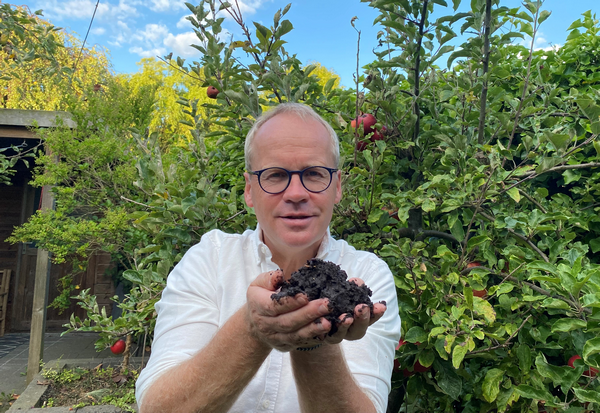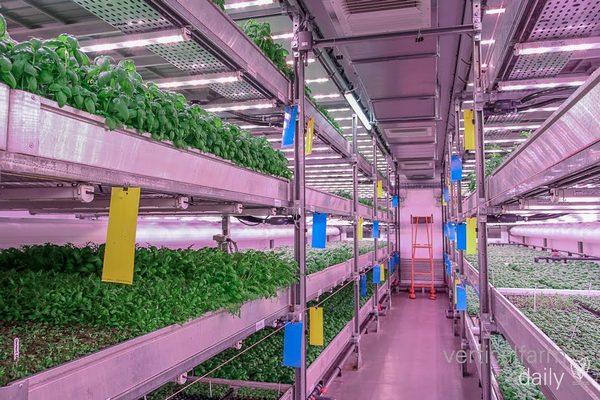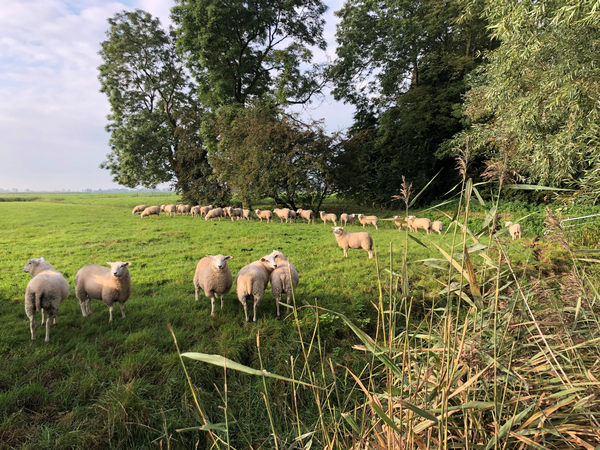“Over the past decade we have had numerous discussions about vertical farming and specifically why products can be labeled as organic in the US but not in the EU. Although I am convinced that vertical farming has an important role to play when it comes to feeding a growing global population sustainably, I do not believe it should carry the organic logo for the simple reason that the roots of the plant are not in the soil and therefore cannot determine what it needs,” Michaël Wilde, Director of Bionext states.
Supportive of other farming techniques
“Did you know that one tablespoon of soil holds over nine billion microorganisms and 25% of the world’s biodiversity can be found in the soil? As an organic movement, we believe that there should always be a link between our food and the soil and therefore we do not think that vertical farming can have an organic certification but that doesn't mean we’re against it.”

Michaël Wilde
Providing visibility to the organic sector
Bionext is an organization that represents the entire organic chain. This can be split up into three different parties; farmers and growers, traders and importers and organic specialty stores. According to Michaël, organic is appearing more frequently on the agenda of supermarkets, NGO’s and policymakers, meaning that Bionext is invited to offer advice as to how we can truly reform our food and agricultural system.
“We have three main strategies. Firstly we want to develop the organic market so that more and more farmers will switch to organic farming practices. Secondly, we want to deepen and further develop the organic sector through research and knowledge development. Finally, we want to play a central role in connecting societal partners with our sector. Bionext would like to play a central role in the food and agricultural transition” says Michaël.

Photo taken at Harvest London
Creating a sub-label for vertical farming
Although Michaël represents the organic movement in The Netherlands he is also positive regarding vertical farms as they are ideal for (sub)urban areas where fresh food is vital. He would like to see that these types of farms are recognized as a sustainable farming practice and that the products can be sold at a premium. A special label could certainly help.
Take the Planet Proof label, which is eventually becoming the base of many farmers. According to Michaël, a farmer needs to be rewarded by the consumer, in terms of the product price, for keeping sustainable practices.
The power of the organic label
According to Michaël, there are many benefits to the organic label. One of them is the proven sustainability model. “I mean that holistically, in terms of the climate, water, soil animal welfare, health and biodiversity which have all been scientifically substantiated. That doesn’t mean, however, that organic scores the highest on each aspect when compared to other forms of sustainable agriculture.

Apart from the sustainability story, organic also has a strong, trusted label that is embedded in European legislation. This means that organic farmers can sell their products at a premium. But organic is much more than just regulations it is based upon our four guiding principles. Ecology, Care, Health and Fairness.
Eyeing the future
Looking to the future, Michaël sees more true sustainability in the food system with big steps being taken when it comes to CO2 reduction and water use. “There is no golden bullet to fix the many crises our food and agricultural system faces and therefore we need to focus on numerous forms of future-proof agriculture that produce food in harmony with nature and as far as I am concerned both vertical farming and organic as well as other forms of food production are part of that solution.”
 For more information:
For more information:
Michael Wilde, Director
wilde@bionext.nl
Bionext
www.bionext.nl
